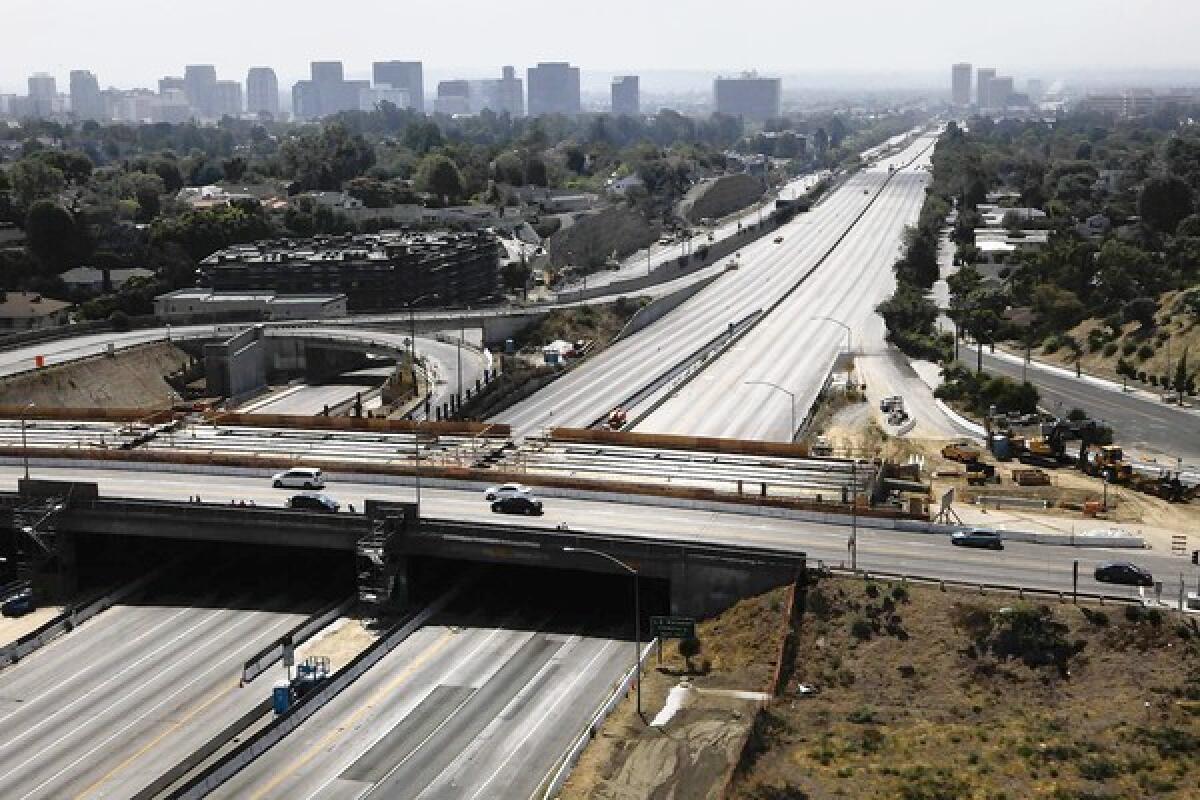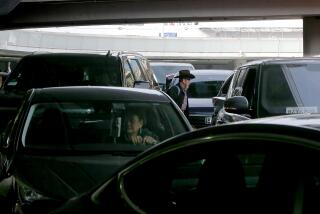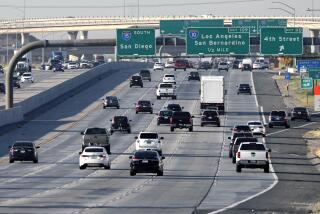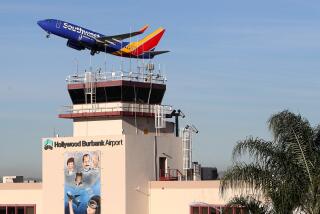UCLA researchers say last year’s Carmageddon improved air quality

The reprieve lasted for only one weekend, but UCLA researchers say that last year’s Carmageddon closure of the 405 Freeway rid Los Angeles of both traffic and another notorious problem: pollution.
Air quality near the closed 10-mile portion of the freeway reached levels 83% better than typical weekends, according to research released Friday by a team at UCLA’s Institute of the Environment and Sustainability.
More striking, the researchers say, air quality also improved 75% in parts of West Los Angeles and Santa Monica, suggesting that whole swaths of residents stayed off the road in those areas. Overall, air quality across the region was 25% better than normal.
PHOTOS: Freeway construction noise
“Seeing such a dramatic reduction [in pollutants] in West L.A. was really quite surprising,” said Suzanne Paulson, one of the professors leading the research. “It gives a very dramatic view of how clean the air could be.”
As soon as traffic returned the following week, the improvements vanished, Paulson said. But area residents have another chance to breathe some fresh air starting Saturday.
More than 14 months after the initial closure, workers will again shut down a portion of the 405 Freeway, this time to demolish the northern end of the Mulholland Drive bridge. The construction is part of a $1-billion project that will include adding a carpool lane.
Paulson and Sam Atwood, a spokesman for the South Coast Air Quality Management District, both said they hope the freeway will one day be filled with electric vehicles or other low-emission cars. Atwood said Los Angeles still has the “worst air quality in the country.” Research has linked exposure to near-roadway pollutants to an increased risk of asthma, heart attack, stroke, premature births and other health problems.
Atwood said the study’s findings were not all that surprising but illustrate the “significant effect” cars, and especially trucks, have on air quality. He estimated that vehicular traffic is responsible for about half of all air pollution.
City leaders and transit officials have asked residents to stay out of their cars and “eat, shop and play locally” during this weekend’s closure. But the average person probably won’t be able to tell the difference in air quality even if cars stay home, Paulson said.
The professor and her colleague, Yifang Zhu, don’t plan to conduct another study during this weekend’s closure, and haven’t yet published a paper on last year’s findings.
So perhaps the only way for people to gauge the quality of the air they are breathing will be to look to the streets and count the cars.
More to Read
Start your day right
Sign up for Essential California for news, features and recommendations from the L.A. Times and beyond in your inbox six days a week.
You may occasionally receive promotional content from the Los Angeles Times.







